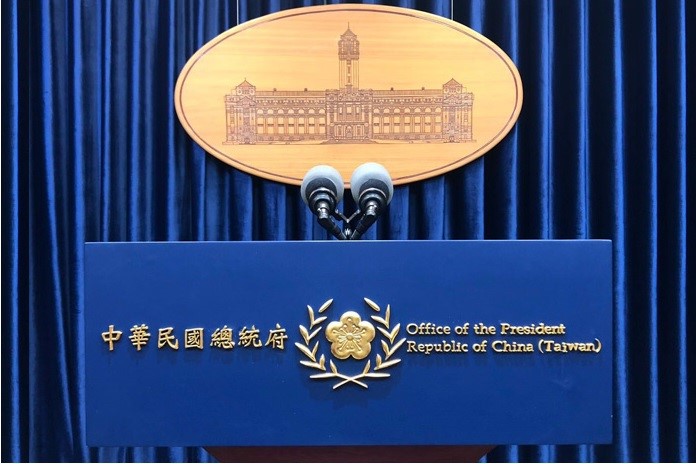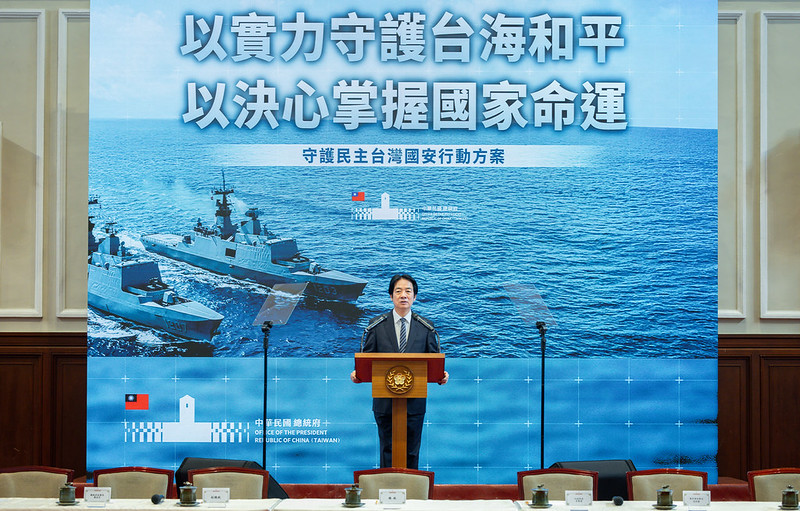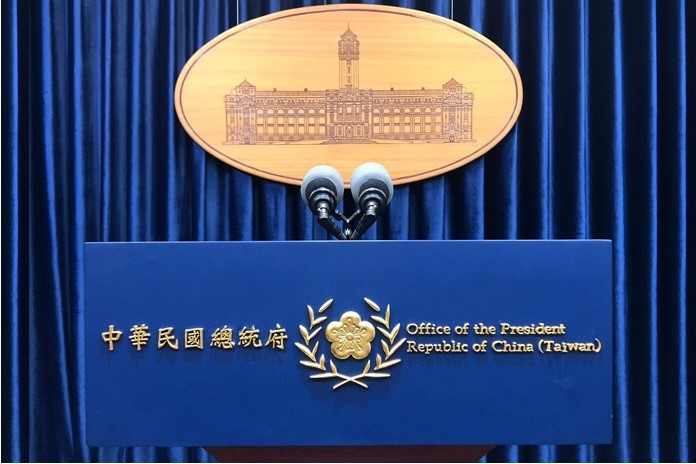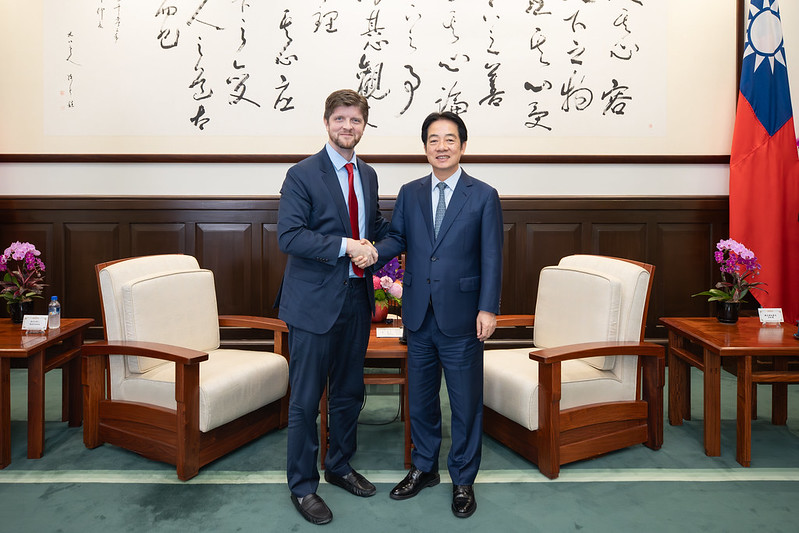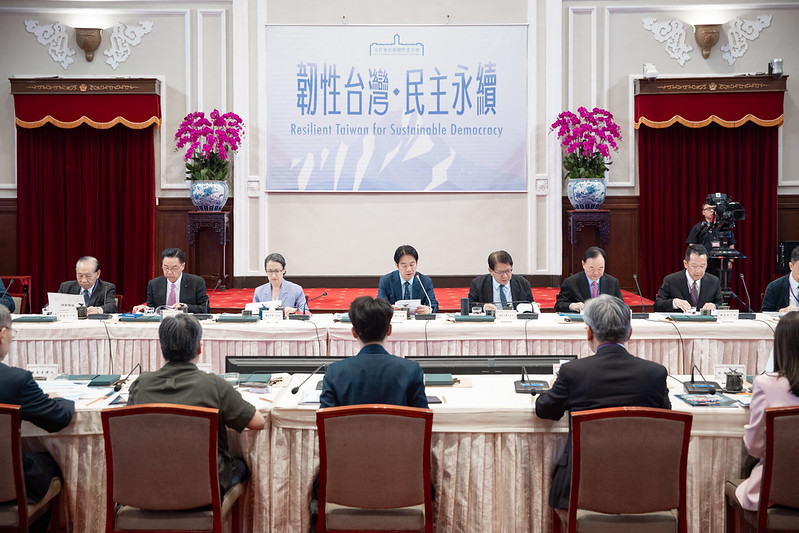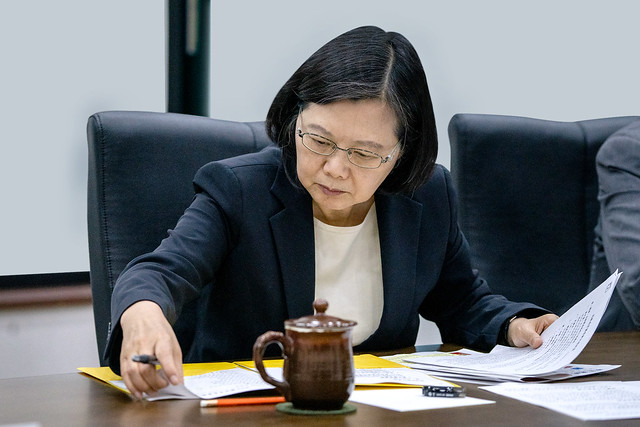News & activities
 News releases
News releases
To gain a better grasp of recent national security dynamics and the current situation, President Tsai Ing-wen convened a regular meeting with national security heads on April 16. At the meeting, the heads of the Ministry of National Defense, Mainland Affairs Council, and other agencies with national security responsibilities delivered briefings on recent long-range flights by fighter jets from China designed to harass Taiwan, as well as people coming to Taiwan to promote "unification by force" and the "one country, two systems" model.
On April 15, military jets from China, under the pretense of long-distance flight activities, flew around the periphery of Taiwan and other countries in the region, undermining regional security. After receiving a briefing from Minister of National Defense Yen Teh-fa (嚴德發), President Tsai instructed the Ministry of National Defense to closely monitor the PLA's military activities and formulate comprehensive response measures to ensure Taiwan's national security. Based on shared regional security responsibilities, she also instructed that information on this incident should immediately be shared with relevant countries in the region.
The issue of overseas individuals who have recently come to Taiwan to advocate the "one country, two systems model for Taiwan" and even "unification by force," contradicting their stated purpose for entering Taiwan while harming national security and inciting social tensions, was also addressed. After hearing a briefing from the Mainland Affairs Council, President Tsai instructed all agencies involved in border control to monitor the stated purpose of visits by people entering Taiwan. If visitors are suspected of coming to Taiwan to advocate military conflict by promoting the "one country, two systems" model or "unification by force," or take part in activities to intimidate Taiwanese, and thereby putting national security and social stability at risk, the president said the government should adopt appropriate control measures, and when necessary, deny such persons entry into Taiwan.
